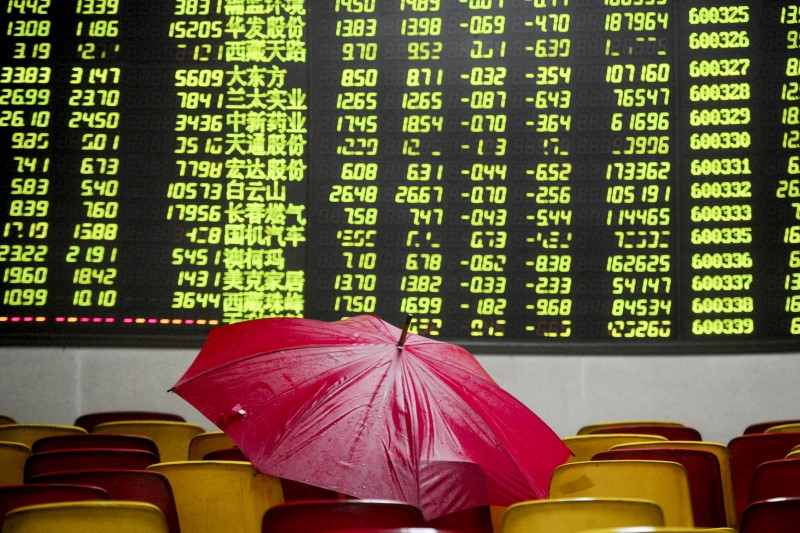CME Group markets open and trading following 10-hour outage
Investing.com - Chinese stocks will likely experience heightened volatility in the coming months, according to analysts at BCA Research.
In a note, the analysts including Jing Sima flagged that a global selloff in risk assets in November has bled into Chinese equities, leaving investors jittery, particularly around once high-flying technology stocks.
Weighing on stocks this month have been worries around the sustainability of massive -- and often debt-fueled spending on artificial intelligence -- by U.S. mega-cap tech firms.
These concerns have subsequently "intensified the pressure" on Chinese stocks, the BCA analysts said. The Shanghai Composite index, which includes shares traded in both yuan and foreign currencies, has slid by more than 2% over the past one-month period, while the Hang Seng benchmark in Hong Kong has dipped 0.9%.
"Chinese equities are less overbought after the recent pullback, but remain vulnerable to global risk-off sentiment and a softer world economy," the BCA strategists wrote in a note.
China’s economy has also "weakened sharply into the fourth quarter," offering "little support" to local stocks, they added. A slowdown in exports, coupled with tepid consumer spending and a protracted real estate crisis, have all contributed to fears around the trajectory of the world’s second largest economy.
Investment growth has been easing as well since the middle of 2025 and recently dropped even further, hit by the frontloading of local-government bond issuance, an ongoing debt-swap program, and accelerate corporate debt repayments, the analysts said.
They also argued that although Beijing announced two rounds of incremental fiscal measures in the last two months, overall state budget outlays on investment are "fading." A campaign of policies aimed at curbing excess industrial capacity has dented manufacturing investment growth as well, they said.
Against this backdrop, the analysts said there is a likelihood of "stronger policy support as Beijing moves to cushion downside risks in the economy as well as the financial market."
On Chinese A-shares -- mainland equities traded in yuan -- the analysts backed a "neutral" stance, adding that it is "too early to turn bearish" on Chinese offshore equities.
